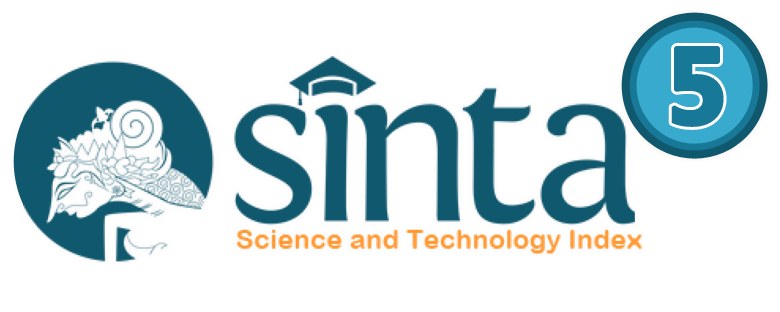STRATEGI COLLABORATIVE GOVERNANCE DALAM REFORMASI PELAYANAN PUBLIK
Abstract
Public service reform is a strategic effort aimed at improving service quality through a more efficient, transparent, and participatory bureaucratic system. In this context, collaborative governance emerges as a crucial approach that emphasizes cooperation among government, civil society, the private sector, and non-governmental organizations in the formulation, implementation, and evaluation of public policies. This study uses a descriptive qualitative method to highlight the relevance of collaborative governance as a response to the complexity of public service challenges that cannot be addressed by a single actor alone. Findings indicate that the success of collaborative governance depends on key factors such as trust among stakeholders, shared commitment, inclusive leadership, and participatory decision-making mechanisms. In Indonesia, the application of this strategy still faces challenges, including a closed bureaucratic culture, low public policy literacy, and limited institutional capacity. However, several local innovations demonstrate that effective collaboration can significantly enhance public service delivery. The study recommends institutionalizing collaboration through supportive regulations, strengthening stakeholder capacity, and developing incentive systems to foster cross-sector partnerships. Collaborative governance is thus a vital key to realizing a more responsive, democratic, and sustainable model of public service governance in today’s dynamic policy environment.
Keywords
Full Text:
PDF (Bahasa Indonesia)References
Ansell, C., & Gash, A. (2008). Collaborative governance in theory and practice. Journal of Public Administration Research and Theory, 18(4), 543–571.
Arnstein, S. R. (1969). A ladder of citizen participation. Journal of the American Institute of Planners, 35(4), 216–224.
Bénit-Gbaffou, C. (2018). Community Participation and Urban Governance in South Africa. Urban Forum.
Bolden, R. (2023). Distributed Leadership in Public Governance. Public Management Review.
Bryson, J. M., Crosby, B. C., & Stone, M. M. (2021). Designing and Implementing Cross-Sector Collaboration: A Systematic Review. Public Administration Review, 81(5), 851–870.
Chen, J., et al. (2023). Technology-Driven Collaborative Governance: Lessons from East Asia. Governance and Innovation Journal, 15(2), 45–67.
Dunleavy, P., Margetts, H., Bastow, S., & Tinkler, J. (2006). Digital Era Governance: IT Corporations, the State, and e-Government. Digital Era Governance: IT Corporations, the State, and e-Government, 1–304. https://doi.org/10.1093/acprof:oso/9780199296194.001.0001
Emerson, K., et al. (2022). Collaborative Governance for Public Problem Solving. Cambridge University Press.
Fung, A. (2013). Infotopia: Unleashing the democratic power of transparency. Politics & Society, 41(2), 183–212.
Heifetz, R. A., Grashow, A., & Linsky, M. (2009). The practice of adaptive leadership: Tools and tactics for changing your organization and the world. Harvard business press.
Lee K. et al. (2023). Algorithmic Bias in Digital Participation Platforms. Government Information Quarterly.
Mergel I. et al. (2023). Digital Platforms and Citizen Engagement: Case Studies from the EU. Government Information Quarterly, 40(1), 1–15.
Moore, M. H. (1995). Creating public value: Strategic management in government. Harvard university press.
Nabatchi, T. (2022). Citizen Engagement in Collaborative Governance. Journal of Public Policy.
OECD. (2023). Government at a Glance: How Efficient is Public Service Delivery?
Osborne, S. P. (2010). Introduction The (New) Public Governance: a suitable case for treatment? In The new public governance? (pp. 17–32). Routledge.
Prasojo, E., & Kurniawan, T. (2023). Collaborative Governance in Smart City Initiatives: Jakarta’s Experience. Asian Journal of Public Policy, 18(3), 210–228.
Schwartzman, S. et al. (2023). Indigenous-Led Forest Governance in the Amazon. Science Advances.
Transparency International. (2023). Corruption Perceptions Index 2023: Accountability in Public Services.
UNDP. (2022). Global Participation Index: Citizen Engagement in Public Decision-Making.
World Bank. (2020). Bureaucratic Efficiency and Public Service Delivery: A Global Analysis.
World Bank. (2021). Blockchain for Transparent Aid Distribution.
DOI: https://doi.org/10.52447/ijpa.v11i1.8231
Refbacks
- There are currently no refbacks.








